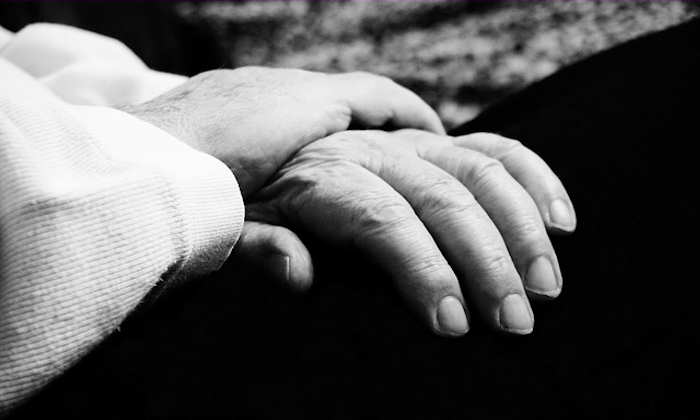Wellbeing Brief - Raising awareness of Scleroderma and Raynauds
06 Jun 2018
Scleroderma is a rare, chronic disease of the immune system, blood vessels and connective tissue

2.5 million people worldwide have scleroderma, and in the UK there are 12,000 people diagnosed. It is an autoimmune condition, meaning the immune system becomes overactive and attacks healthy tissue in the body.
The symptoms of scleroderma vary for each person, and the severity depends greatly on which parts of the body are affected. Usual symptoms include hardening of the skin, swelling of the hands and feet, joint pain and stiffness and blood vessel damage leading to a physical over-reaction to cold or stress, called Raynauds' Syndrome.
Raynaud's disease is where the small blood vessels in the extremities such as hands and feet, fingers or toes are over-sensitive to even the slightest changes in temperature, the cold and sometimes stress. This causes a Raynaud's attack where the fingers sometimes change colour, but not always, from white, to blue, to red. Raynaud's phenomenon is a common condition thought to affect up to ten million people in the UK and can impact your life.
This June Scleroderma & Raynaud's UK (SRUK) will be increasing awareness of scleroderma and the need for earlier diagnosis of the condition.
Further information
If you would like to contribute your experiences, tips or research to the wellbeing blog, please email Gemma and Vanessa via wellbeing@manchester.ac.uk.
